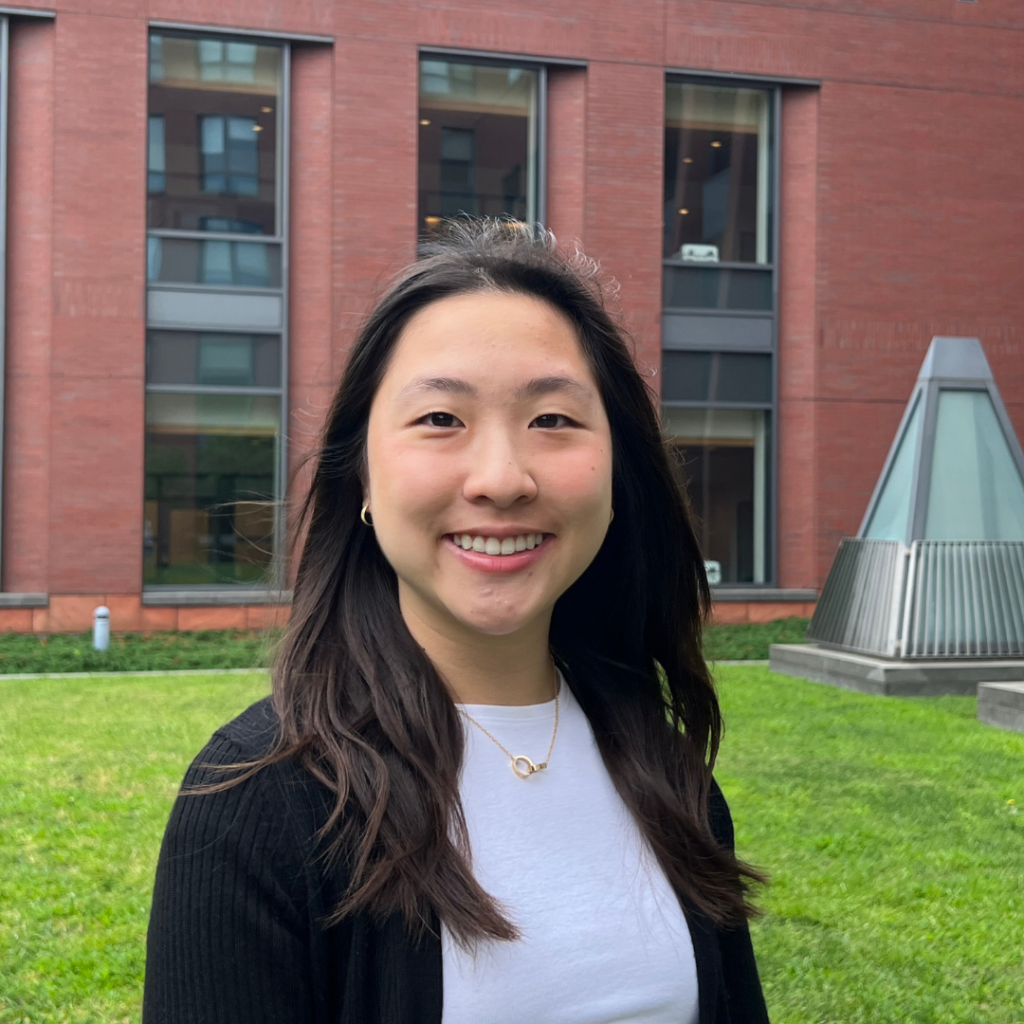
April Park, COL ’26, Bakersfield, CA
This summer, I had the pleasure of working in a clinical research lab under Dr. Freedman and Penn Behavioral Sleep Medicine. The opportunity to work in the hospital and interact with patients was what drew me to join the lab, and I am truly grateful for the experience.
I worked in the radiology oncology department, where our study focused on assessing the prevalence of fatigue and insomnia in cancer patients before and after radiation treatment. By using a series of questionnaires, our objective was to determine if radiation therapy influenced the intensity and occurrence of fatigue and insomnia. My specific responsibilities included obtaining patient consent to participate in the study, identifying eligible patients through Penn Chart, and maintaining a record of questionnaire data. Prior to starting my role as a clinical research coordinator, I completed several training courses, one of which got me certified by the Association of Clinical Research Professionals. Throughout my training and mock consent sessions, I learned the importance of providing comprehensive information to patients while maintaining an engaging environment.
Applying this knowledge in real-life patient interactions proved to be more challenging than I had anticipated based on my practice sessions. Approaching patients who are awaiting their radiation appointments, without any prior knowledge of our study, and requesting their participation within a brief time frame before their oncologist’s consultation felt like a daunting task. However, as I obtained more consents, the interactions became increasingly seamless and less awkward.
Moreover, my collaboration with doctors offered me the invaluable opportunity to shadow radiology oncologists. This marked my initial experience in shadowing doctors, and it was truly enlightening to witness the depth of care and attention they extended to each patient – from advocating for insurance coverage of radiation treatments to maintaining consistent availability for patients via phone calls or texts. Visualizing the inner workings of a clinic and engaging in casual conversations with healthcare professionals allowed me to better understand the realities doctors face. Day by day, I became more certain of my goal to be a doctor.
I am thankful for the meaningful and lasting connections I established this summer. Dr. Freedman provided mentorship and shared valuable professional advice, along with his personal journey to becoming a radiation oncologist. I also received extensive guidance from Dr. Muench, with whom I spent much of my time, guiding me from start to finish in the field of clinical research.
The clinical research project is still ongoing as we continue to follow up with patients for post-radiation results. By analyzing the pre- and post-radiation data, we aim to understand how radiation impacts patients’ sleep and fatigue and document our findings in a research paper. This research experience will always hold a special place in shaping the foundation of my career path.
This is part of a series of posts by recipients of the 2023 Career Services Summer Funding Grant. We’ve asked funding recipients to reflect on their summer experiences and talk about the industries in which they spent their summer. You can read the entire series here




